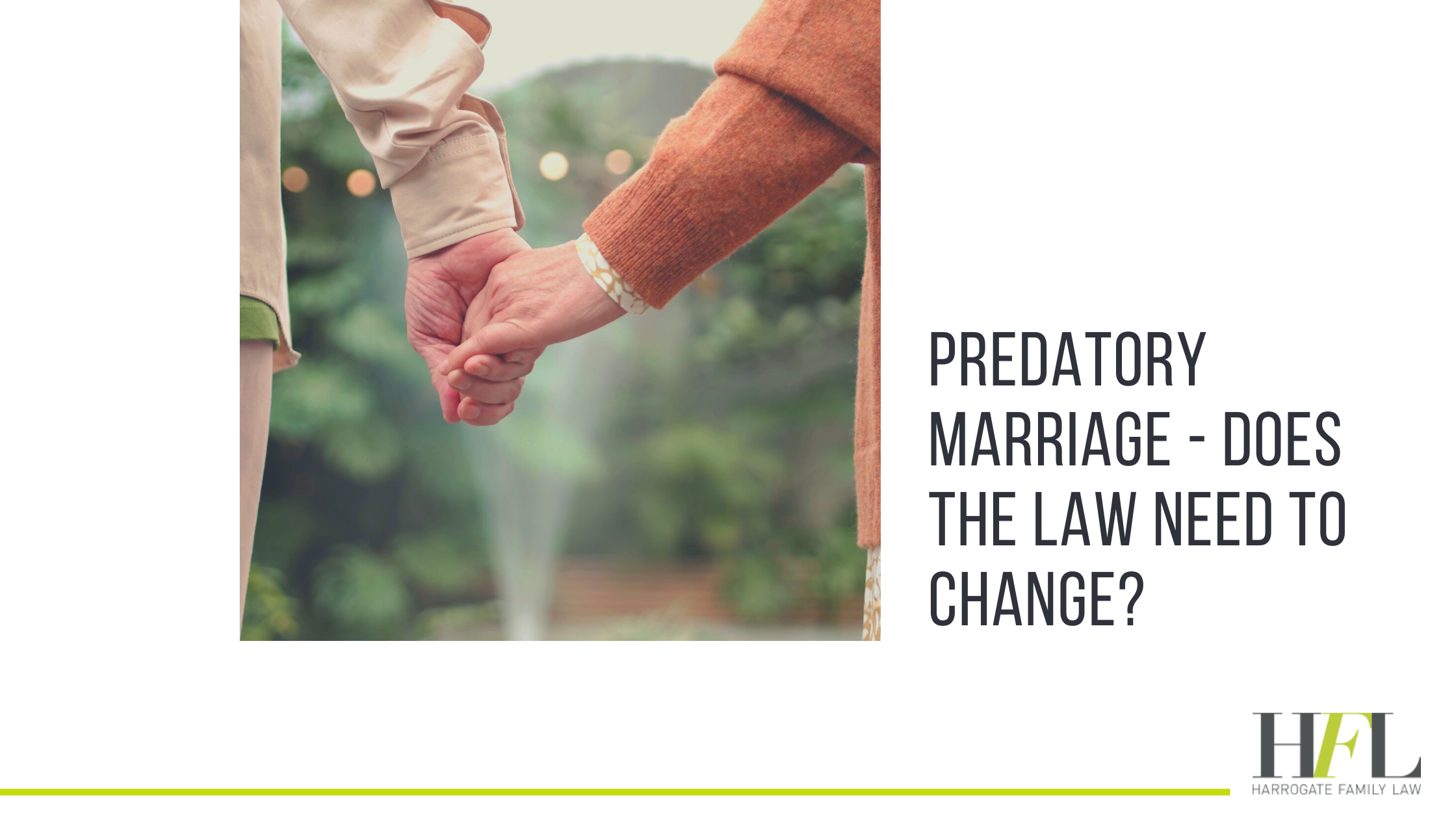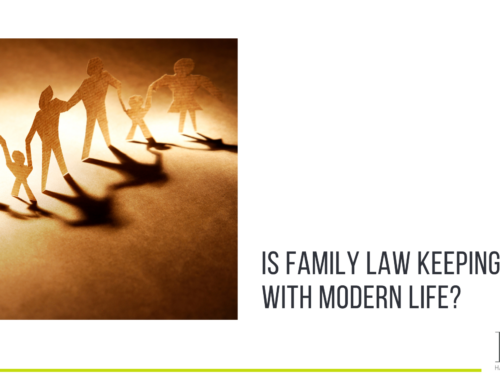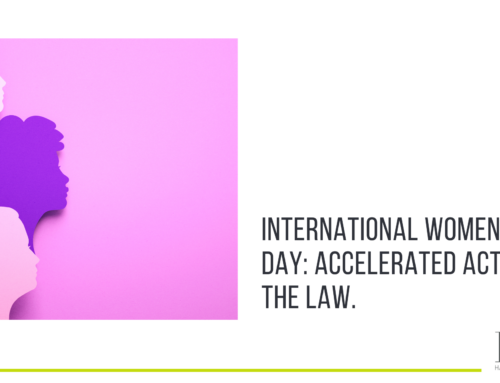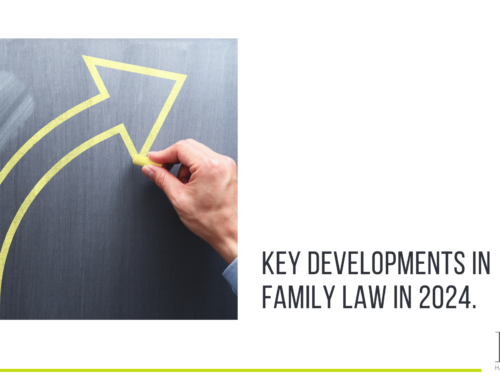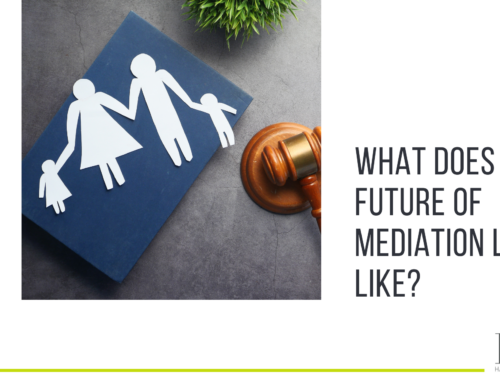Predatory marriage has become a rising issue in recent years, presenting a new challenge for the law. Whilst there are safeguards in place and laws against coerced and forced marriage, the concept of predatory marriage is proving altogether trickier.
Here we take a look at what predatory marriage is, and why the calls for a change to the law are getting louder.
What is predatory marriage?
A predatory marriage refers to a union in which a vulnerable adult is coerced into marriage for financial gain. It might be by someone looking to access and secure their immediate funds, life savings, inheritance and other valuable assets.
The principle of consent lies at the core of predatory marriage. A vulnerable adult doesn’t always have the mental capacity to consent, even if they’re not being pressured into it. And it’s this aspect that very often makes it difficult to prove, since determining whether or not an alleged victim has capacity to consent isn’t a straightforward task.
Comparisons have been drawn between predatory marriage and other abusive relationships such as grooming and coercive control. And there are similarities. Victims are often isolated from their friends and family to hide what’s going on, and more often than not, the marriage takes place without the knowledge of others who might be close to the victim.
The current law
The Anti-social Behaviour, Crime and Policing Act 2014 makes it a criminal offence to force someone to marry. This includes instances where the alleged victim is unable to consent.
In addition, the law relating to wills and probate is relevant here, because marriage automatically revokes an existing will. In fact, it’s this very issue that campaigners for change say inadvertently helps fraudsters gain access to the financial resources of vulnerable adults.
So what needs to change?
The case of Joan Blass is perhaps the most high profile case to raise questions about the law relating to predatory marriage. Joan, a 91 year old woman with vascular dementia, was befriended by a 68 year old man who allegedly went on to isolate her from her family. A number of days after her death, it came to light that Joan had been married the previous year, meaning that her existing will was revoked, and her new husband inherited everything and had full control over her funeral.
Joan’s family are campaigning for a number of changes to the existing law, the main one being to stop marriage automatically revoking an existing will. They, and many others, say that the way the law deals with the issue of capacity isn’t fit for purpose when it comes to predatory marriage. For example, a vulnerable adult suffering with dementia may be classed as not having the capacity to make a will, but legally allowed to marry.
There are also calls for more extensive training for Registrars, to create a new offence of predatory marriage, and to enable fraudulent marriage to be used as a reason for annulment.
Protecting the vulnerable
Predatory marriage is on the rise. And with an estimated 12 million people over the age of 65 in the UK, the worry is that it’s set to become even more prevalent due to the UK’s growing aging population.
Some MPs have suggested that as more people live for longer with dementia (currently, the number of cases in the UK stands at about 850,000), more people are becoming vulnerable to predatory marriage. Other factors to consider are the increase in worth of many estates due to rising property prices and asset values, and the difficulty of securing adequate social care. Such problems leave older single people susceptible to offers of help.
Those in favour of change argue that if marriage no longer automatically revokes a will, the incentive for someone to attempt a predatory marriage would be removed, or at least significantly diminished.
How the law responds to the calls for change remains to be seen. As it stands, the private member’s bill presented to parliament by Fabian Hamilton MP in November 2018 is yet to progress to a second reading.
At Harrogate Family Law, we believe that no one should be forced to endure a relationship that’s built on coercion, fear and isolation, however that comes about. If you’re concerned about your own relationship, or that of a friend or family member, be sure to access support as soon as possible and consider taking legal advice about the benefits of a prenuptial agreement.

